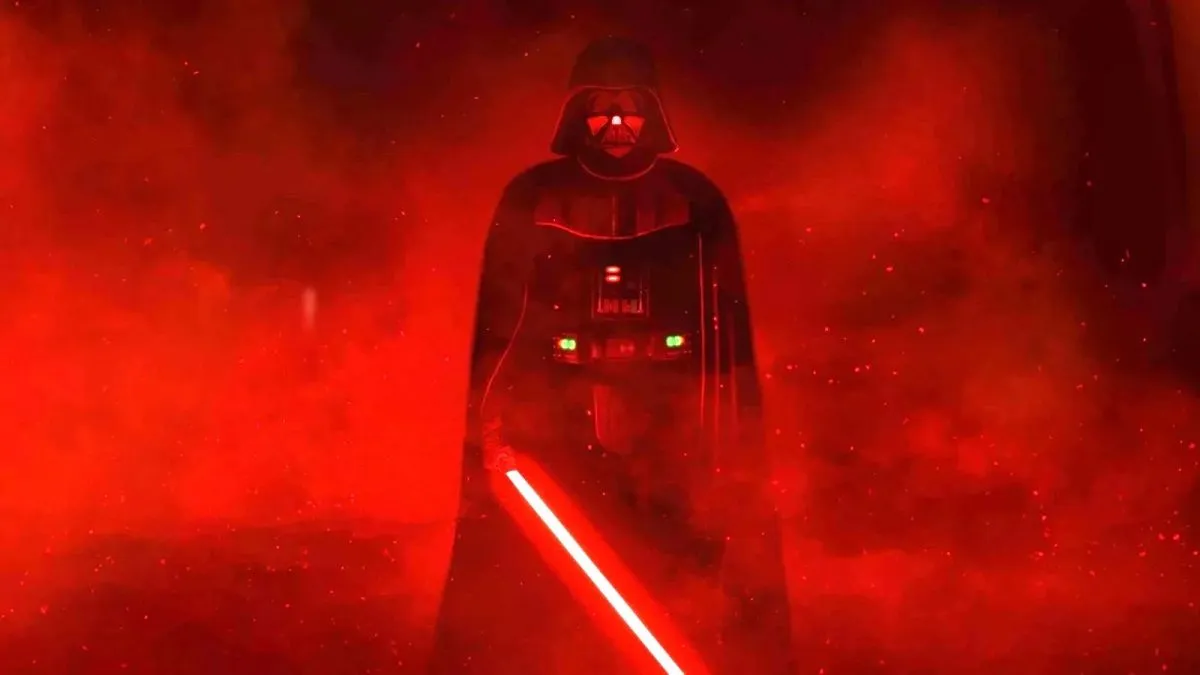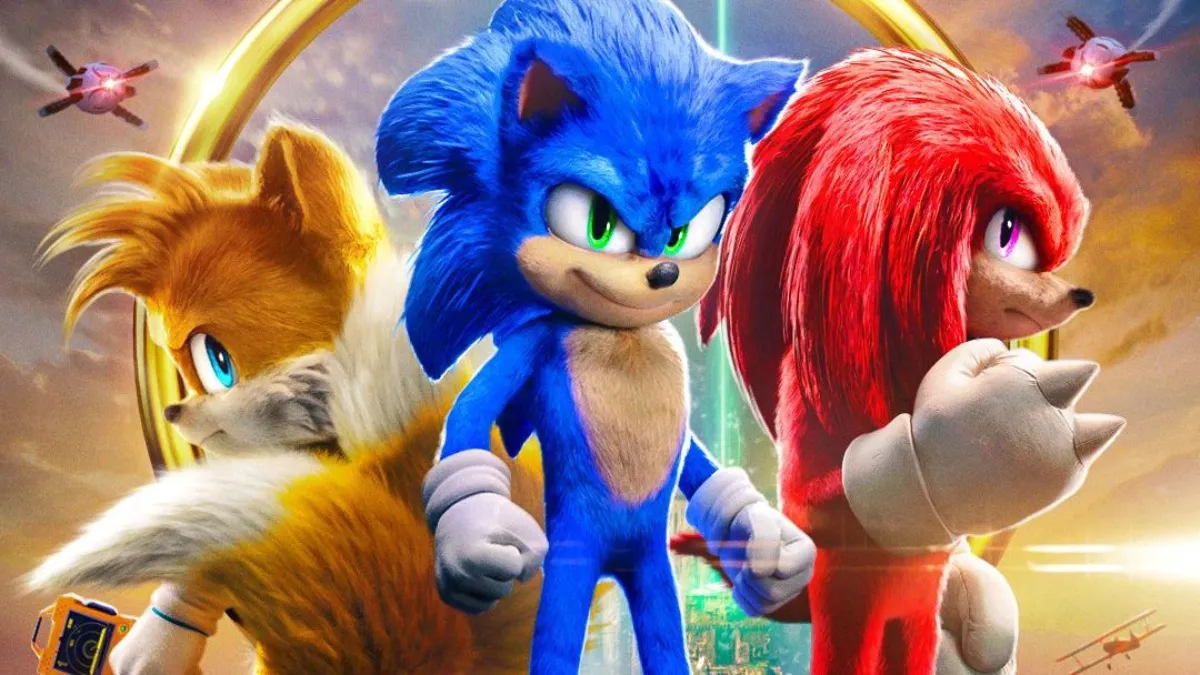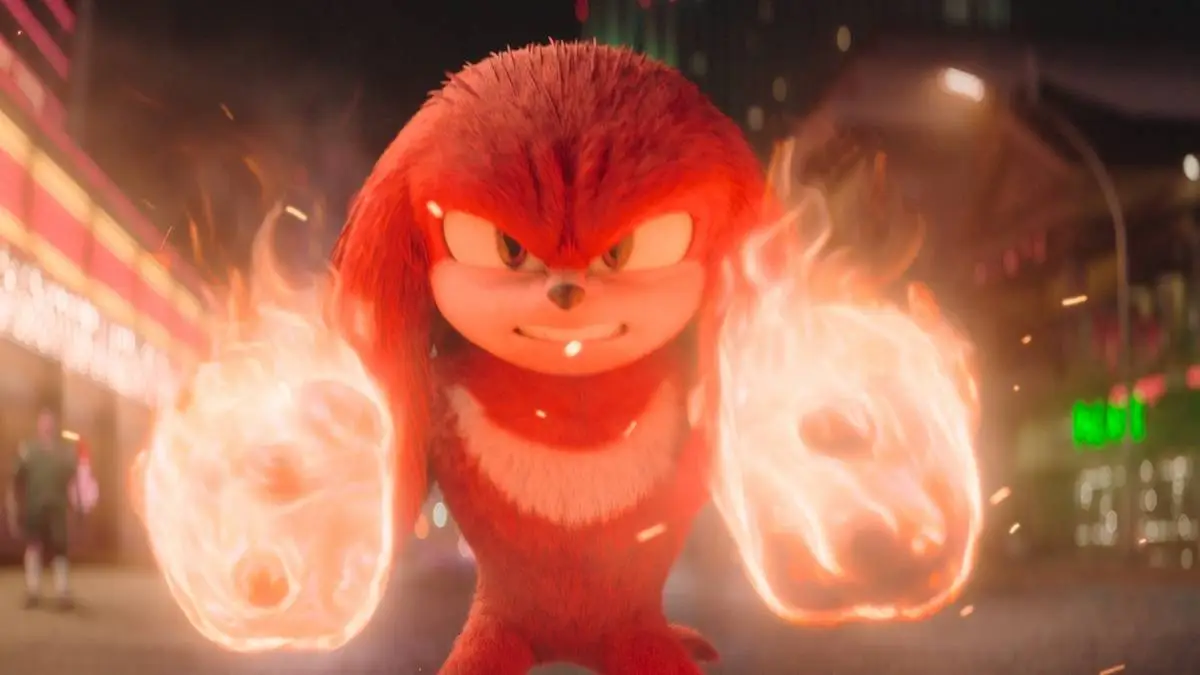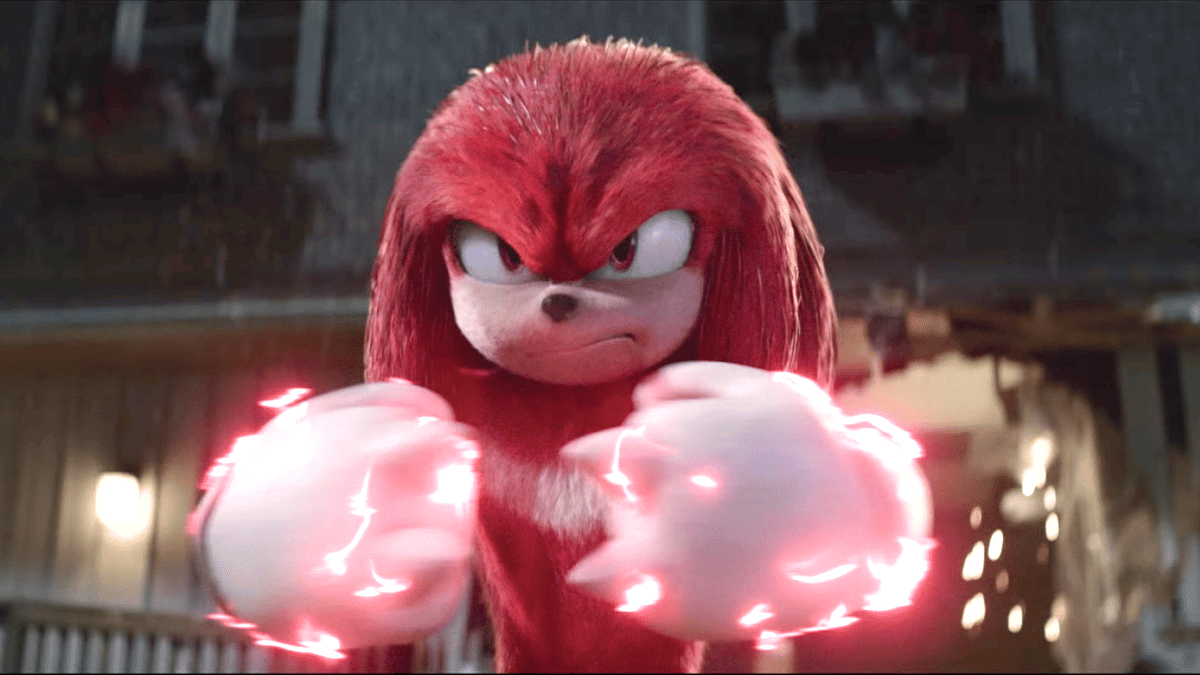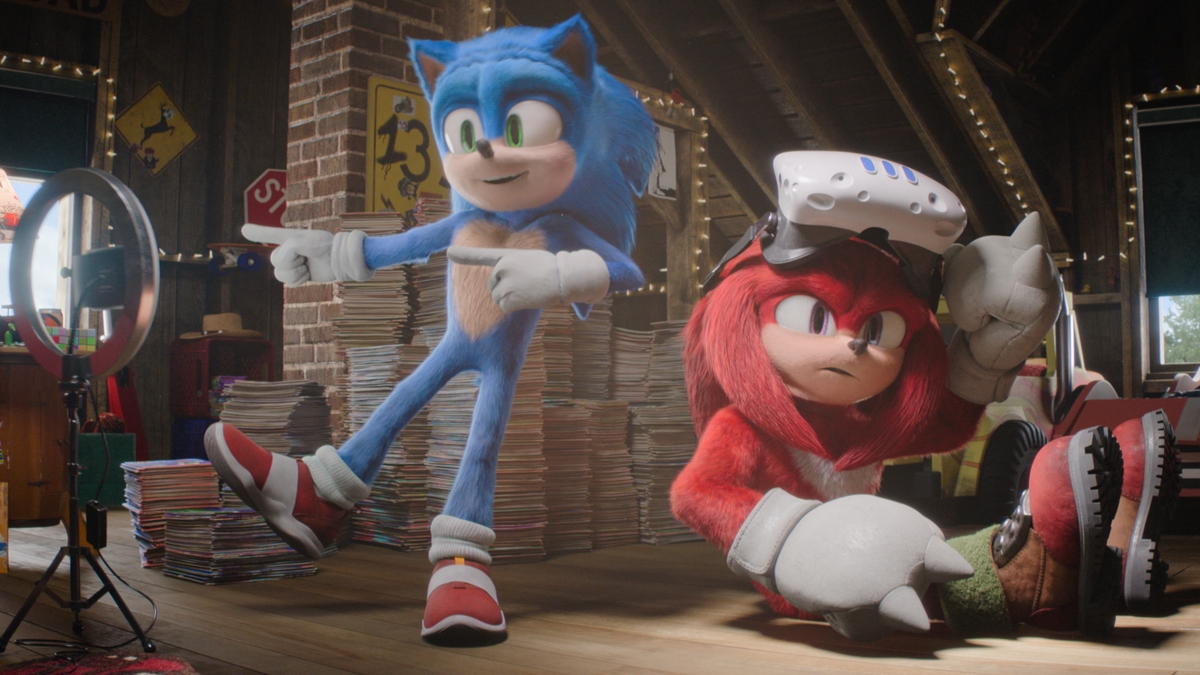Last week I had the pleasure of sitting down with Dominic Cooper, star of The Devil’s Double. While he may not be an A-lister just yet, Mr. Cooper is certainly well on his way to the top. With small but yet impressive roles in films like The Duchess and An Education, Dominic Cooper slowly started to break onto the Hollywood scene. This summer, the talented young actor added two more impressive credits to his resume, Captain America: The First Avenger and The Devil’s Double.
In his hotel room at the Park Hyatt, Dominic Cooper sat down with me to discuss his powerhouse dual performance as Uday Hussein and his body double Latif Yahia in Lee Tamahori‘s fantastic film, The Devil’s Double. It’s a horrifying and gripping look at the life of Saddam’s eldest son and the torment and torture that Latif had to go through to keep up the job.
Playing one lead role is hard enough but to play two is a whole different story. And, to not only be able to competently play two lead roles in the same film but to absolutely nail both of them, that’s the sign of a truly gifted actor. In Cooper’s case, he completes the task at hand as he gives off a wildly impressive performance that stands out as one of 2011’s best.
While discussing the film and his dual role, Cooper told me about meeting the real life Latif, how he was able to so effectively portray a character as wild and over the top as Uday, the challenges of being the leading man and more. Check it out below!
Question: It’s not uncommon for actors to play two characters but what makes The Devil’s Double different is that you’re playing a character who is treated very badly and pretty much tortured by this other character that you’re playing. How do you distance yourself as an actor between the two things, especially in scenes when you know that there’s a double there but you know it’s going to be you? How do you approach something like that when you know in the back of your mind that you’re doing this to yourself?
Dominic Cooper: There are two very separate characters that are emerging. That was the main objective really and the main problem that we had to solve at the start. If the audience didn’t believe this illusion, then the whole movie would have been flawed and it wouldn’t have worked. It felt almost schizophrenic how I was jumping between the characters all the time but they still felt so removed from one another. They didn’t feel like the same person ever.
We had worked quite heavily on making sure that that was the case. Once we realized that we weren’t doing something that was a detailed biographical account of these men, we could pull them further apart from who they were. In terms of their physical gestures, their appearance, their tempo, the syntax that they used, it was all separated. You were removed from it. If I’m doing a scene where I’m beating me, I’m in the headspace of that particular person.
I was always concerned for my mother watching it [Laughs]. But you’re working in such a strange environment, you’re having to imagine yourself as another character. So if I’m doing a scene as Uday, I’ve not yet known what I’m going to be doing as Latif, so I don’t have a great deal to react and respond to but I have to immediately imagine what I possibly will be doing.
Question: Uday’s coke fuelled energy was sustained throughout the film. Was that exhausting for you, trying to keep that up? And how did you maintain that constant high level of energy?
DC: It was exhausting. What I asked early on was to make sure that if it was possible, in terms of location and time, that I could portray Uday first because he was always the driving force. So I’d do that mania first and then have to flip back immediately into Latif and then go back into Uday again. But I just had to go with it. You couldn’t change the tempo. Once you’ve established that this was the speed that this guy worked at, you had to stick to that. And in a way, I loved that. Even if you thought it was too much, you had to stick with it, you couldn’t come out of it because it wouldn’t work, the illusion would die.
Those energy levels were necessary. Uday had to be that neurotic and that mad. I just didn’t understand how a man could carry out those atrocities without falling to pieces. He had to go at that speed to not allow himself to think. There are moments in the film, where he can’t sleep and what he does is takes drugs and pills and drinks and that’s how he sustains his life.
Question: Latif looks saintly in comparison to Uday, it’s an immediate tell. How was that achieved?
DC: The biggest problem, aside from the technical issues of making it work, was finding the reason why Uday behaved in the way he did. If I was going to make that deep seeded anger real, I needed to have some idea of his human nature. Where does it exist? Where is it located? And that I found from his relationship with his father.
Saddam never respected Uday and never cared for him. That’s quite humiliating in that culture so through that, I understood where this anger and venom came from. And then there was his love for his mother and his father’s cruel treatment towards her. That also fuelled the anger. That helped me access and have a key into Uday. With Latif, I wanted to be as far away from that as possible. I wanted to make him despise this person that he is watching.
But then again, we weren’t making a historical accurate account because no one actually knows what these people were like. It’s very hard to figure out any of the truth. Our version of Latif though has to stay very much a hero and as far away from Uday as possible.
Question: This is your first lead role, was it harder than you thought it would be?
DC: I was so passionate about the script when I first read it. And at that time, it wasn’t even offered to me. In fact, someone else was already attached. I thought the story was absolutely mesmerizing though. I had a burning desire to play it and I knew I had to pursue it. What on earth made me think I could play the son of an Iraqi dictator I have no idea but I knew I had to do it. I kept hounding people about it until an audition came out and it went well. Me and Lee were very much on the same page.
The rewards from doing the film were endless. Although I was completely exhausted and going slightly schizophrenic, I loved every minute of it. I was so absorbed in it and Lee’s energy was so inspiring. It was a huge challenge but I felt like I had done enough ground work and separated these two people enough. Really, for the first time ever, I had to go into this space where I wasn’t in the real world. I was slightly removed from it and it was an incredible feeling, to just lose yourself in something for a moment. It’s extremely rewarding because you know that you’ve removed yourself from you.
Question: Between the two characters, was one harder to play than the other? I imagine Uday would be very difficult to portray due to his wild and erratic behaviour and personality.
DC: It’s all about understanding where the characters come from. Once you tap into that, it’s so much fun. With Uday, I was able to do whatever I wanted, just go completely mental and go off. There were no limits. It was great fun to do what I liked. And Latif was enjoyable to play as well, because he had that stillness to him and things could process. He’s unwasteful with energy and words.
Question: It says at the end of the film that Latif is a hard man to find, were you able to speak with him?
DC: Ya, he’s actually quite easy to get a hold of. I just phoned him up. He has a website, he’s even on Facebook. I think when the film said that it was a bit of dramatic license.
But ya, I met with him and it was amazing talking to him. He’s quite imposing and scary and you know he’s been through a hell of a lot. Once I was sure that we weren’t impersonating him and this wasn’t biographical and detailed, I immediately thought that I could ask him whatever I liked, but I didn’t want to.
His mental and physical scars were very present and they’re not long healed. So if we weren’t doing it biographical, I didn’t want to start prodding and poking at things that I probably didn’t want to know about. I got enough though to understand him and what drives him. He’s a very angry man, and there’s a tiny bit of that in the Latif in the film. It was really great meeting him though and he was helpful on set as well.
Question: When did you first become familiar with the real story of Uday Hussein?
DC: I remember seeing the images of when the Americans killed him and I remember growing up thinking that we shouldn’t get rid of Saddam because apparently is elder son is worse. But that was about it, I didn’t know much more. The script was really my first eye opener towards what he was like.
That concludes our interview but we’d like to thank Dominic very much for talking with us. Check out our review on the film here.






